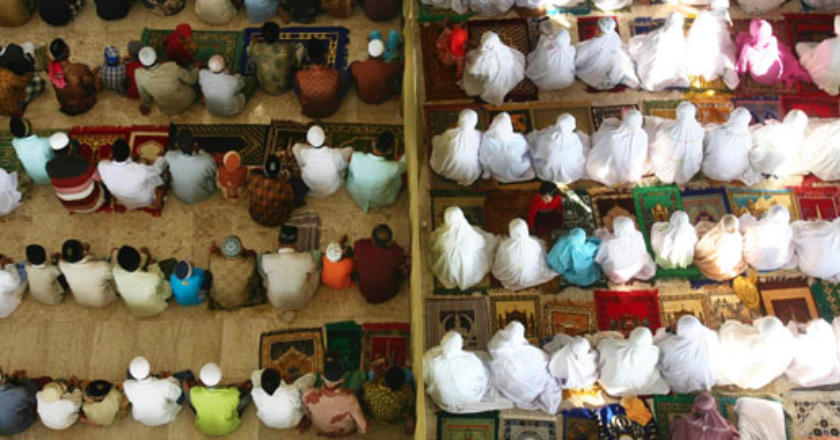LAST month, just days before Idul Fitri, marking the end of the holy month of Ramadan, worshippers at the An-Nur mosque in southern Jakarta, Indonesia’s capital, had a problem: a mob was blocking them from entering. The worshippers were members of a 400,000-strong Ahmadiyya community in Indonesia—followers of a peaceable school of Islam holding that a 19th-century Indian, Mirza Ghulam Ahmad, was a prophet and messiah. Ahmadi Muslims believe in the separation of religion and the state, and they forswear …

